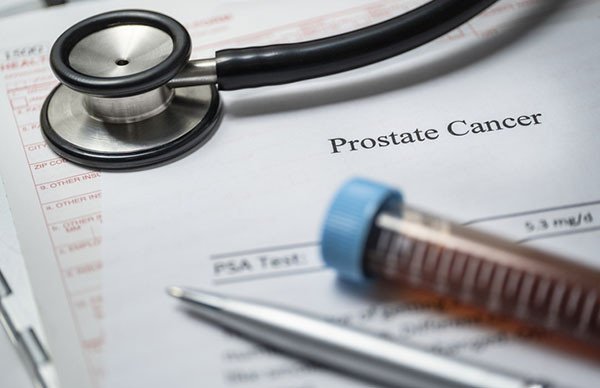Lifestyle
Rating the drugs in drug ads

I admit it: I’m not a fan of drug ads. I think the information provided is often confusing and rarely well-balanced. Plus, there are just so many ads. They show up on TV and streaming programs, on social media, on billboards and the sides of busses, on tote bags, and in public bathrooms. Yes, there’s no refuge — even there — from the billions spent on direct-to-consumer ads in the US.
I’ve often wondered how highly-promoted, expensive new drugs stack up against other available treatments. Now a new study in JAMA Network Open considers exactly that.
The study assessed 73 of the most heavily advertised drugs in the US between 2015 and 2021. Each drug had been rated by at least one independent health agency. Researchers tallied how many of these drugs received a high therapeutic value rating, indicating that a drug had at least a moderate advantage compared with previously available treatments.
The results? Only about one in four of these heavily advertised drugs had high therapeutic value. During the six years of the study, pharmaceutical companies spent an estimated $15.9 billion promoting drugs on TV that showed no major advantage over less costly drugs!
Only the US and New Zealand allow direct-to-consumer medication marketing. The American Medical Association recommended a ban in 2015. While I’ve often written about reasons to be skeptical, let’s focus here on three potential harms to your wallet and your health.
Drug ads may
Wondering whether you should be taking an advertised drug? Ask your doctor:
The AMA recommended banning drug ads nearly a decade ago. But a drug ad ban seems unlikely, given strong lobbying by the pharmaceutical companies and concerns about violating their freedom of speech.
Still, cigarette commercials were banned in 1971, so it’s not an impossible dream. Meanwhile, my advice is to be skeptical about information in drug ads, and rely on more reliable sources of medical information, including your doctor. Consider contacting the Federal Communications Commission if you have complaints about these ads — a step few Americans seem to take. And try this: mute the TV, fast-forward your podcast, and close pop-ups as soon as drug ads appear.
As a service to our readers, Harvard Health Publishing provides access to our library of archived content. Please note the date of last review or update on all articles.
No content on this site, regardless of date, should ever be used as a substitute for direct medical advice from your doctor or other qualified clinician.
Get the latest in health news delivered to your inbox!






